June 18, 1983, marks a haunting chapter of intolerance and injustice in Iran’s history.
Ten Baha'i women, whose only crime was their religious faith, were hanged in Shiraz's Chowgan Square, after facing an agonizing choice; renounce their beliefs and save their lives, or to remain steadfast in their convictions and to meet their tragic fate.
Each of the 10 chose to remain true to their ideals and beliefs.
On that fateful day of June 18, after bidding tearful farewells to their families in the prison hall, these 10 women were separated from their fellow prisoners and led to the gallows.
What awaited them was a grim procession, as one by one, they faced the noose, from oldest to youngest. The eldest was 57 years old while the youngest was just 17 years of age.
A haunting image emerges: each woman forced to witness the execution of the one who preceded her. Among these valiant souls was Mona Mahmoudnejad, the 17-year-old whose young eyes likely bore witness to the harrowing demise of her nine companions.
Among them stood a mother and daughter, Ezzat-Janami Eshraghi and Roya Eshraghi, united in their final moments, their love for one another transcending the brutality of their circumstances. The husband and father of these two had also been executed two days earlier. And the son of another one of these executed women, Nosrat Ghufrani Yaldaie, had also been executed earlier that week. And one of the younger women had seen her father hanged three months before her own death.
What makes this abhorrent act even more egregious was the absence of any legitimate judicial process.
These ten Baha’i women were denied the basic right to a fair trial by holding them for six to seven months, without due process, during which the women were interrogated, mistreated and pressured through psychological torture and other tactics in an effort to force them to recant their beliefs.
The Revolutionary Prosecutor's Office in Fars province even denied them the opportunity to draft their final wills – a further dehumanizing act in their last moments.
The ten Baha'i women executed in Shiraz on June 18, 1983, were:
- Mona Mahmoudnejad, 17;
- Roya Eshraghi, 23, executed along with her mother;
- Simin Saberi, 24;
- Shahin (Shirin) Dalvand, 25;
- Akhtar Sabet, 25;
- Mahshid Niroumand, 28;
- Zarrin Moghimi-Abyaneh, 29;
- Tahereh Arjomandi Siyavashi, 30. Her husband, Jamshid Siavashi, was executed two days earlier;
- Nosrat Ghufrani Yaldaie, 46. Her son, Bahram Yaldaie, was executed two days earlier;
- Ezzat-Janami Eshraghi, 57, along with her daughter Roya, 23. Her husband, Enayatullah Eshraghi was executed two days earlier.
On May 15, the Baha’i International Community (BIC) announced a new campaign, called #OurStoryIsOne, to mark the upcoming 40th anniversary of the execution of these 10 women and to honor the long struggle for gender equality lived by women of all faiths and backgrounds in Iran for many decades and which continues to this day
A statement released by the BIC said that the “crime” of the 10 women was "refusing to renounce their beliefs in a faith that promotes the principles of gender equality—absent and criminalized in Iran—as well as unity, justice and truthfulness”.
The campaign will start in June and span a year, with its most intensive phase taking place the first three weeks of June, leading to the 40th anniversary of their execution on 18 June.
The BIC has now invited people around the world, whether as artists, musicians, filmmakers, or in other creative areas, to pay tribute to their story, by contributing, among other examples, songs about the 10 women, short videos about their lives, a memory of the women themselves, graphic arts, written work, social media posts, or public events and memorials, to honor the longstanding struggle and efforts towards gender equality in Iran.
“The story of the 10 Baha’i women is not over,” said Simin Fahandej, a BIC Representative to the United Nations in Geneva, in the campaign announcement. "It was a chapter in the unfolding story of Iranian women’s resilience and sacrifice for equality. Today, in the blood, tears and wounds of thousands of young women in Iran seeking equality, we can see echoes of the injustice suffered by the 10 women of Shiraz whose tragic death touched the lives of many. We see the same spirit, the same choice being made: to stand up for the principles of justice and equality with utmost effort. Though mistreated and imprisoned, today’s women—just like those before them—are bravely striving for a just and prosperous Iran.”
Following the execution of the 10 women and for the four decades that have followed, hundreds more Baha’i women have been severely persecuted, facing discrimination both as women and as Baha’is. After the Revolution, Baha’i women serving in prominent social positions in the country were dismissed from their jobs, arrested and imprisoned, tortured, or executed. Those left to live were barred from universities, public employment and virtually all aspects of social life.
“More and more Iranians are uniting in a search for social justice, and they have focused on the equality of women and men as one of the most pressing challenges facing the country,” added Ms. Fahandej. “We hope that together we can honor not only the 10 Baha’i women of Shiraz, but all women across Iran who cherish the principle of the equality of women and men, and who have contributed to building a better future for the country through their perseverance in the face of oppression.”
“Let us stand together, united by our shared experiences of resilience and our collective efforts and sacrifices for Iran, to show that we are inextricably linked regardless of faith and background. We hope that remembering the execution of these 10 women will illuminate and reinforce conversations around justice and gender equality in Iran. Our story is one and we will raise our voices until our shared ideals are realized.”
visit the accountability section
In this section of Iran Wire, you can contact the officials and launch your campaign for various problems







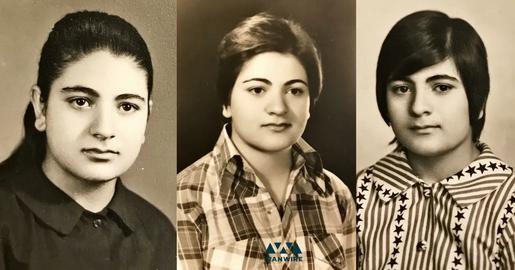
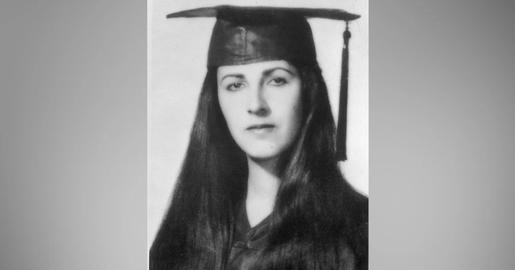

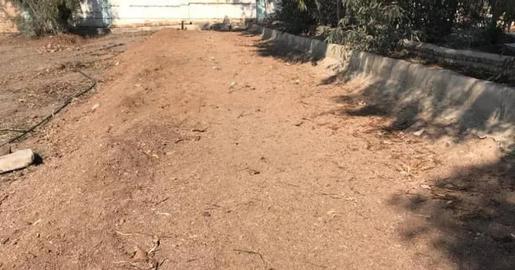
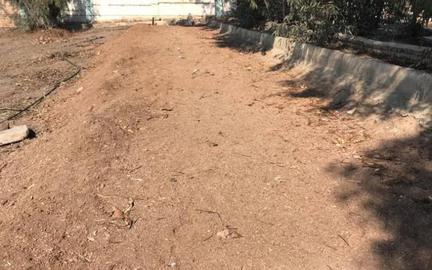

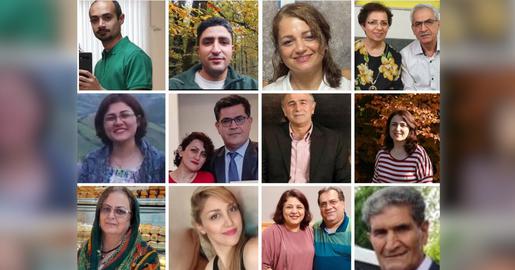
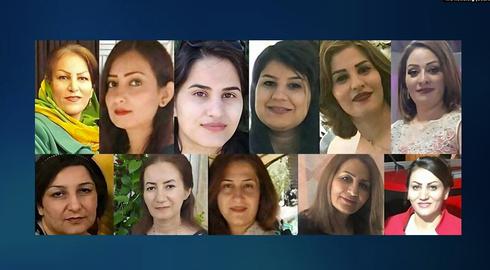
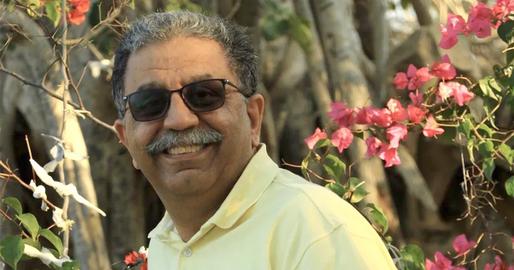


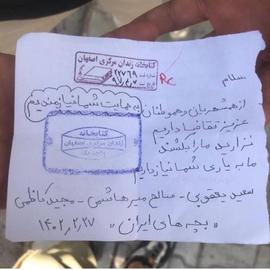
comments